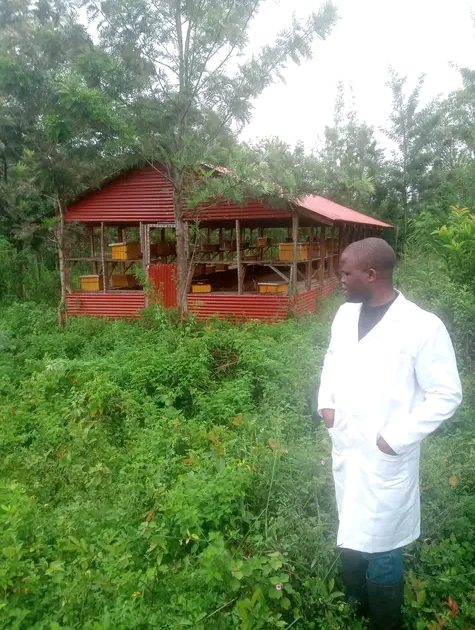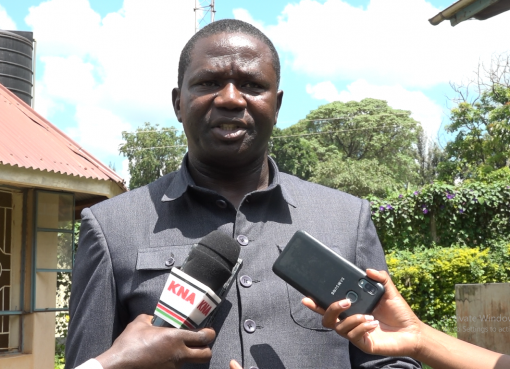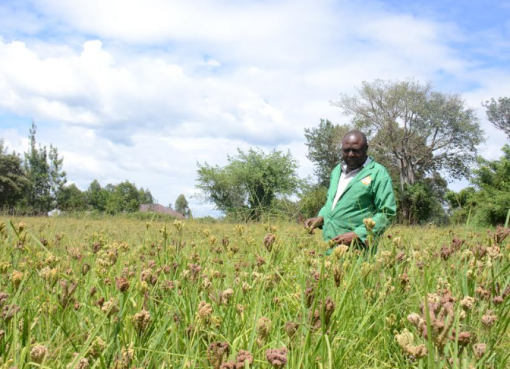Most people have been shying away from bee-keeping because they perceive these insects as unfriendly, thanks to their pain-inflicting sting they release when provoked.
The case is different for Edgar Midikila, an inhabitant of the rocky area in Mahanga sub-location, Mungoma division in Vihiga sub county.
The bee keeper discloses that he ventured into this business in the year 2010 after realizing that his small plot of land could not yield enough food to even support his family.
Midikila came up with the idea that the vegetation in the rocky terrain produced flowers that would provide nectar for the bees to make honey, hence decided to practice apiculture for income generation.
He said he started off with three hives and over the years the number has increased to 22 of them, where each can produce eight kilogrammes (kgs)of honey that is sold at Sh1,000 per kg.
“I harvest three times in a year and each hive generates Sh8,000, translating into Sh176,000 per harvest,” he said, adding that he has been able to meet the basic needs and educate his four children to tertiary level.
The apiculturist adds that apart from selling the honey which is the core product, he also earns from the wax which is a by-product.
To widen the customer base for the honey, he packages it in smaller containers weighing 250 grammes selling at Sh250.
“The bees should be kept in a strong, durable beehive which protects them from predators and harsh weather as well as aptly fabricated for easy inspection,” asserted the farmer.
He explains that apiary has to be located in a place with adequate flowering plants and be away from noise and other human activities that would disturb the peace of the insects.
Midikila has erected a roofed structure to protect the bee-hives from the elements of weather.
The bee-keeper stated that during the drought period, he supplements what the insects get from the plants with the sugar syrup and water so as to prevent them from absconding the hives.
To ensure there is steady supply of raw materials, he has grown flowers and flowering vegetation on the edge of the apiary.
“I feel refreshed whenever I sit down and watch the bee-keeping project that is flourishing in what would have otherwise been a wasted rocky piece of land,” he quips.
By Tony Gisairo and Sammy Mwibanda





